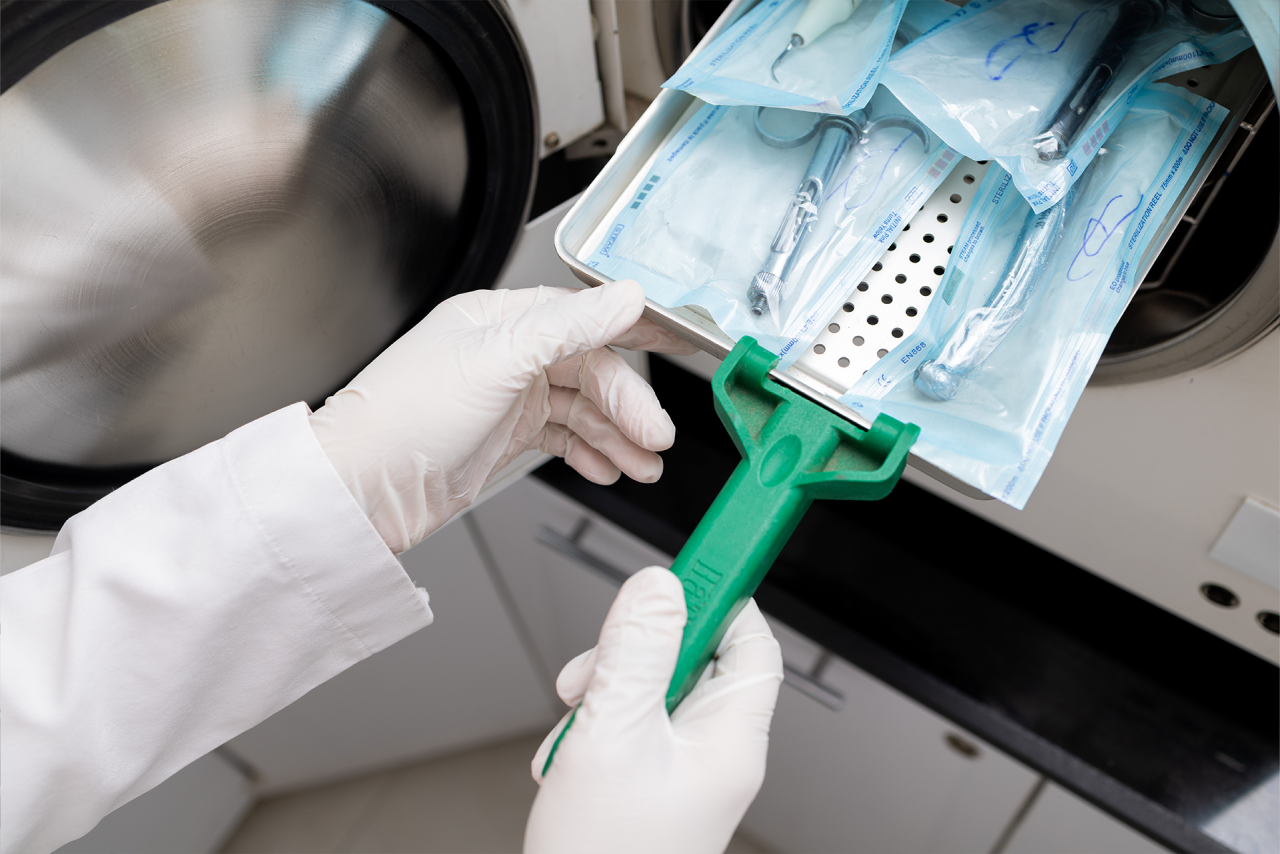- Location of missing teeth: Front teeth may require more cosmetic solutions like veneers or bridges, while back teeth may be restored with crowns or dentures.
- Bone health: Patients with insufficient bone density may require bone grafting before implants can be placed.
- Patient preferences: Some patients may prefer a fixed restoration (like a crown or implant) while others may prefer removable options like dentures.
- Overall health: Health conditions like diabetes or oral health issues (e.g., gum disease) can impact the success of certain treatments.
What is
Prosthodontics
Prosthodontics is a specialized branch of dentistry that focuses on the restoration and replacement of missing or damaged teeth and the rehabilitation of the mouth’s structure

- Fixed Prosthodontics: These prostheses are permanently attached to the teeth or implants and cannot be removed. Examples include crowns, bridges, and implant-supported restorations.
- Removable Prosthodontics: These are prostheses that can be taken out and put back into the mouth, such as full and partial dentures.
- Maxillofacial Prosthodontics: This subfield focuses on the restoration of missing facial structures due to trauma, disease, or congenital conditions. Prosthodontists may create artificial eyes, noses, or ears, or reconstruct parts of the jaw, often in collaboration with other medical specialists.
- Esthetic Prosthodontics: This aspect of prosthodontics emphasizes improving the appearance of the teeth and smile through procedures like veneers, teeth whitening, and cosmetic dental crowns.
Prosthodontic care is typically recommended in the following situations:
- Missing Teeth: When a tooth or several teeth are missing due to decay, injury, or extraction, prosthodontics can restore function and appearance.
- Damaged or Decayed Teeth: If teeth are too damaged or decayed to be restored with fillings, crowns or other prosthetic options may be necessary.
- Aesthetic Concerns: People seeking to improve the appearance of their smile may benefit from prosthodontics, such as veneers or cosmetic crowns, to improve tooth color, shape, or alignment.
- Functionality Issues: In cases where a patient has difficulty chewing or speaking due to missing teeth, prosthodontics can help restore normal function.
- Jaw and Facial Reconstruction: In cases of severe trauma or congenital defects, prosthodontists can help restore both the function and aesthetics of the mouth, jaw, and face.
- Improved Appearance: Prosthodontic treatments, like veneers or crowns, can enhance the aesthetic appearance of the teeth, gums, and smile.
- Restoration of Function: Replacing missing or damaged teeth helps restore the ability to chew, speak, and bite normally.
- Long-Lasting Results: Many prosthodontic restorations, particularly those involving implants, can last for many years with proper care.
- Better Oral Health: By replacing missing teeth, prosthodontics helps to prevent issues like bone loss, shifting teeth, and difficulty maintaining proper oral hygiene.
- Increased Confidence: Restoring a natural-looking smile and improving oral function can boost self-esteem and overall quality of life.
- Prosthodontists are dental specialists who complete additional years of training (usually 3-4 years beyond dental school) to focus on complex restorations and replacements. They are experts in managing dental prostheses and reconstructive procedures, and they often work closely with other dental specialists (such as oral surgeons, periodontists, and orthodontists) to provide comprehensive care for patients.
Yes, dental implants can be used to support dentures, particularly in cases where the patient has lost a large number of teeth. Implant-supported dentures provide a more stable and secure fit compared to traditional removable dentures. The implants anchor the denture in place, reducing slippage and improving comfort while eating and speaking.
Your toothbrush will eventually wear out, especially if you are brushing your teeth twice a day for two to three minutes each time. Your dentist recommends that adults and children change their toothbrush every three months. If you are using an electric toothbrush, be sure to read the directions because you may not need to change toothbrush heads as frequently. Patients with gum disease are encouraged to change their toothbrush every four to six weeks to keep any bacteria from spreading. After brushing, rinse your toothbrush with hot water to kill germs and keep the bristles clean. If you’ve been sick, be sure to change your toothbrush as soon as possible.
According to your dentist and the American Dental Association, you should brush your teeth at least two times a day. Brushing keeps your teeth, gums, and mouth clean and healthy by removing bacteria-causing plaque. It is also recommended that you use a soft-bristled toothbrush and toothpaste that contains fluoride when you brush your teeth. You should spend at least a minute on the top teeth and a minute on the bottom teeth, and remember to brush your tongue; it will help keep your breath smelling fresh!
Full-mouth rehabilitation is a comprehensive treatment approach used to restore the function and appearance of all or most of the teeth in a patient’s mouth. This may include a combination of crowns, bridges, dentures, implants, and sometimes orthodontics to address a wide range of dental problems, such as severe wear, missing teeth, or bite issues. The goal is to improve both the aesthetics and functionality of the entire mouth.

